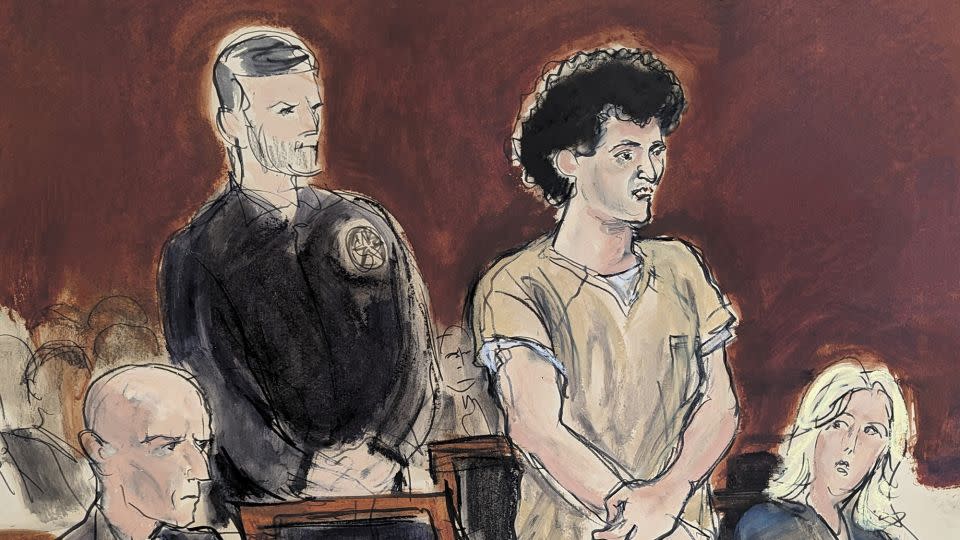Sam Bankman-Fried sentenced to 25 years in federal prison
Sam Bankman-Fried has been sentenced to 25 years in federal prison for defrauding customers and investors in his failed crypto exchange FTX, a Manhattan court ruled Thursday.
Before announcing the sentence, Judge Lewis Kaplan said there was a risk “that this man will be in a position to do something very bad in the future, and it’s not a trivial risk.”
Kaplan agreed with prosecutors’ claim that Bankman-Fried “wanted to be a hugely, hugely politically influential person in this country,” and that this propelled his financial crimes.
Bankman-Fried’s sentence of 25 years was about half of what prosecutors had asked for, but still puts him at the high end for sentence length in prominent white-collar fraud cases. Ahead of him is Bernard Madoff, who was sentenced to 150 years behind bars for the $20 billion Ponzi scheme he led. He died around 12 years into his sentence. Theranos founder and CEO Elizabeth Holmes, who was convicted on four charges of defrauding investors while running the failed blood-testing startup Theranos, was sentenced to a little over 11 years.

How long will he actually serve?
There is no parole in federal cases, but Bankman-Fried may still be able to shave years off his term.
“SBF may serve as little as 12.5 years, if he gets all of the jailhouse credit available to him,” Mitchell Epner, a former federal prosecutor, told CNN.
Federal prisoners generally can earn up to 54 days of time credit a year for good behavior, which could result in an approximately 15% reduction. Since 2018, however, nonviolent federal inmates can reduce their sentence by as much as 50% under prison reform legislation known as the First Step Act.
Epner said the First Step Act was billed as a civil rights measure, to help minority offenders who committed nonviolent drug-trafficking offenses.
“It has turned out to be an enormous boon for white-collar criminal defendants, who are already given much lower sentences … than drug-traffickers,” Epner added.
There is also a provision that allows a court to reduce a person’s sentence for extraordinary and compelling reasons, which are often medical, according to Jordan Estes, a former federal prosecutor who is now a partner at Kramer Levin.
“Since the pandemic, courts have been more willing to grant early release under this provision if the defendant has served a substantial portion of his or her sentence,” Estes said.
In addition to the prison sentence, Kaplan also ordered a forfeiture of $11.02 billion.
The forfeiture is intended to be paid over time, and Bankman-Fried will likely be required to pay all of his available assets, plus a nominal sum every month.
“The forfeiture will follow him for the rest of his life,” Epner said. “It would take the vast majority of what he makes after he gets out of jail.”
However, he said there would be no restitution because it would “impractical” in this case, with so many victims.
Judge Lewis Kaplan said he would recommend to the Bureau of Prisons that Bankman-Fried be placed in a medium-security facility or any lower-security facility the bureau finds appropriate. He also noted that it should be as close as possible to the San Francisco area so Bankman-Fried’s family can visit him.
Bankman-Fried’s parents, Joe Bankman and Barbara Fried, issued a statement after leaving the Manhattan courtroom Thursday, saying: “We are heartbroken and will continue to fight for our son.”
Bankman-Fried’s lawyer said they would continue to appeal his conviction.
Elisabeth Buchwald and Kara Scannell contributed to this report.
For more CNN news and newsletters create an account at CNN.com
